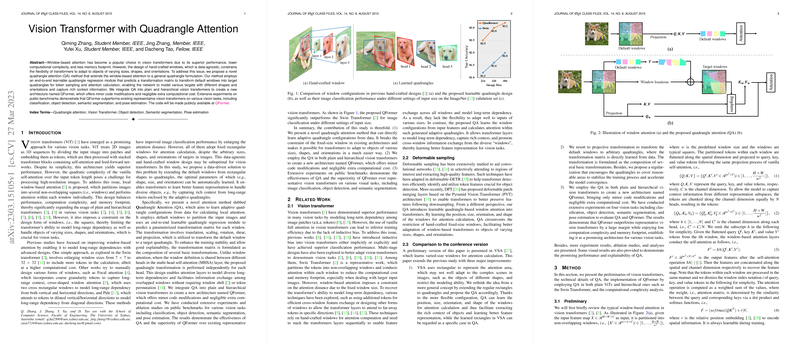Overview of "Bare Advanced Demo of IEEEtran.cls for IEEE Computer Society Journals"
The paper authored by Michael Shell, John Doe, and Jane Doe titled "Bare Advanced Demo of IEEEtran.cls for IEEE Computer Society Journals" serves as a fundamental resource for leveraging IEEEtran.cls in the creation of scholarly documents intended for IEEE Computer Society journals. This document provides an introductory guide and a template setup for users to facilitate the preparation of manuscripts using LaTeX, especially focusing on version 1.8b and subsequent iterations of IEEEtran.cls.
Key Contributions and Structure
The primary aim of the document is to function as a starter file. It delivers a blueprint for writing computer science research papers in compliance with IEEE standards. These standards ensure uniformity and consistency across publications. The structure of the paper follows the traditional layout formatted according to IEEE guidelines. Although the abstract and main body detail are placeholders, the demonstration of the various sections — introduction, subsections, conclusions, appendices, acknowledgment, and references — remains pivotal for scholars preparing their submissions.
Technical Implications
- IEEEtran.cls Utilization: The paper underscores the significance of using the IEEEtran.cls class file, crucial for formatting according to IEEE norms.
- Formatting Compliance: By providing a template, the paper assists researchers in adhering to the stringent formatting requirements mandated by IEEE, which is vital for both the submission and publication processes.
Practical Implications
The application of this template extends to researchers preparing articles for IEEE Computer Society journals. By fabricating a document with the cohort structure outlined in this template, authors can decrease the likelihood of revision requests based on formatting issues, thus streamlining the submission process. This reduces formatting-associated workload and allows researchers to concentrate on the technical content and contributions of their work.
Future Directions
While this template provides an essential framework for crafting research papers for IEEE publications, ongoing updates to the IEEEtran.cls version are anticipated. These updates could introduce new features and adjustments to existing ones, urging contributors to maintain adaptability with regard to LaTeX package developments and changes within IEEE guidelines. Continued investment in understanding and applying these developments will be beneficial for scholars striving to publish within IEEE venues.
In conclusion, this instructional paper is pivotal for authors engaged in writing for IEEE journals, fostering a structured approach to document preparation. Simultaneously, it encourages continual engagement with LaTeX developments to accommodate future iterations of the IEEEtran.cls package.
